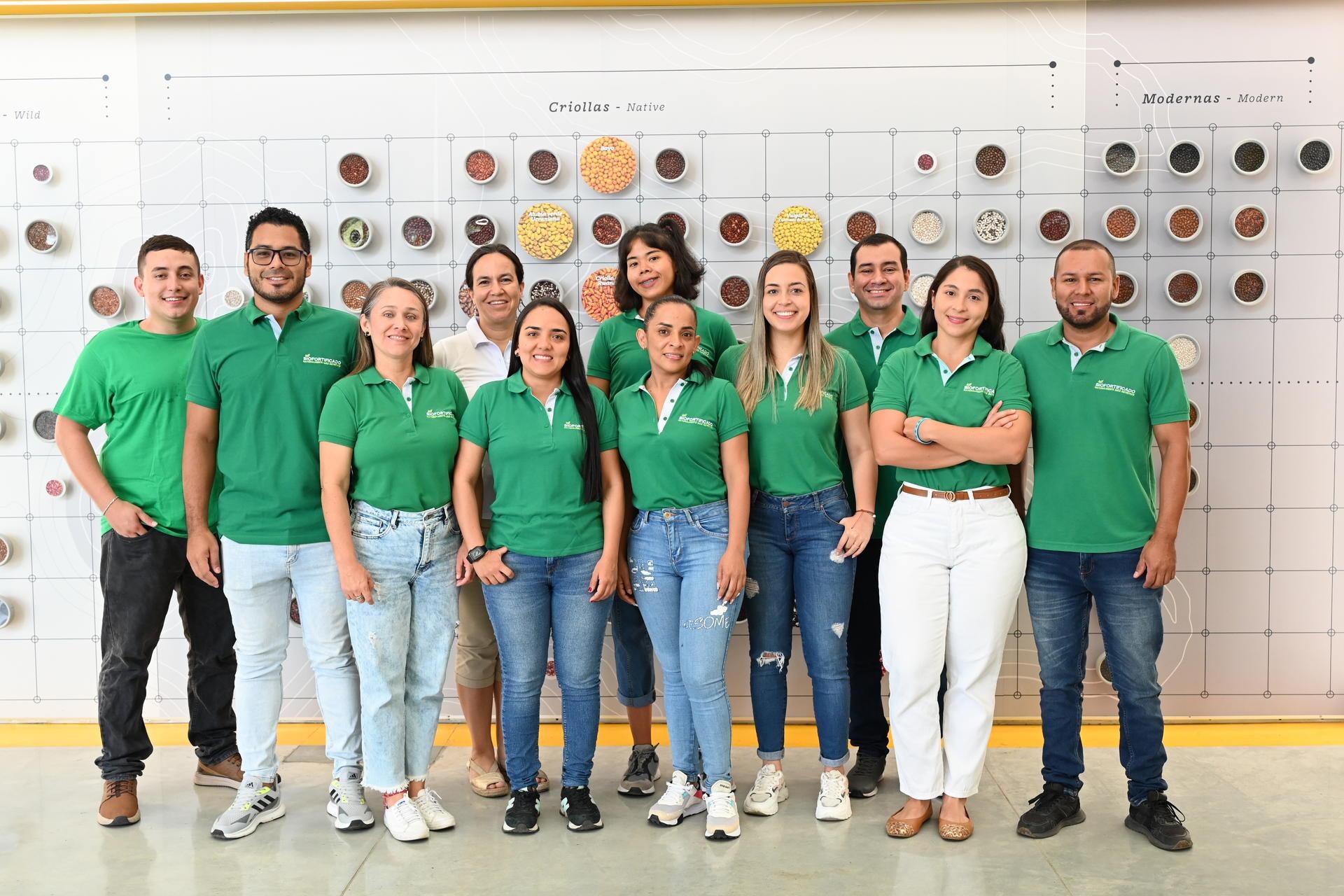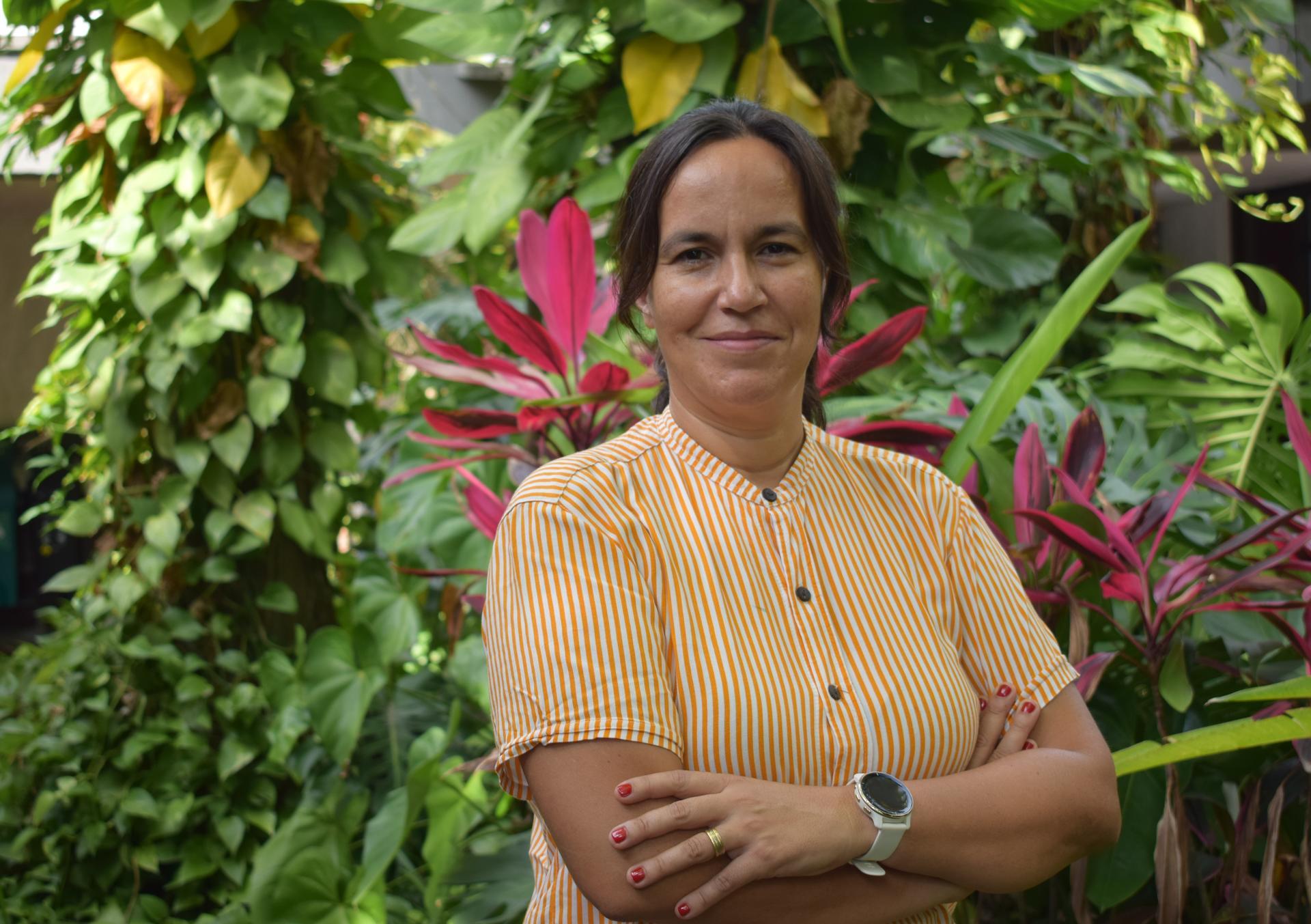Blog Carolina González: A great leader

A few days ago, I had the pleasure of interviewing Carolina Gonzalez, a Scientist who despite almost becoming a lawyer, has left an indelible mark on the history of the Alliance, thanks to her 22 years of innovative contributions to the Biofortification and Applied Economics & Impact Assessment (PISA) programs.
With a solid academic background - starting with a PhD in agricultural economics from the University of Hohenheim in Germany - she built an established career in the international arena, dedicating her work to addressing critical challenges to understanding mechanisms to promote nutritional food security and environmental sustainability.
In 2004 she first tackled biofortification with HarvestPlus, a CGIAR program that leads a global movement to increase the production and consumption of vitamin- and mineral-enriched staple crops through plant breeding techniques. With this program, she conducted her doctoral thesis on an evaluation with consumers on the potential acceptance of a transgenic cassava in containing higher levels of vitamin A in Brazil. This study, although economically oriented, included an interdisciplinary approach, which is necessary to understand the complexity of the implementation of agricultural technologies.

One of the main achievements of Carolina and her team in the Alliance's biofortification program has been the release of more than 10 varieties of beans in Colombia and Latin America, which have a higher density in iron and zinc, thus improving nutrition. This push was led by Carolina, with the bean program led by Jean Claude Rubyogo. The Alliance's biofortification team has also supported the release of rice and other crop varieties: together with CIMMYT we released corn with increased zinc, and with our national partner (Agrosavia), the Alliance released sweet potato with provitamin A.
Similarly, in 2016 the program supported the development of the strategy for disseminating biofortified crops for Latin America together with the International Food Policy Research Institute (IFPRI) and the Empresa Brasileira de Pesquisa Agropecuária (Embrapa).
The team continues to lead these processes, as well as designing and implementing innovative projects on socioeconomic studies to promote sustainable agricultural practices and the preservation of agrobiodiversity.
Carolina González has also collaborated closely with local communities, national research centers (NARs), governments, international organizations and the private sector to design strategies that balance socioeconomic needs with environmental conservation.
Carolina's leadership, her solid command of scientific principles and methods, her methodical and rigorous approach to planning and executing his work, attention to detail to ensure accuracy of results, ability to work effectively in multidisciplinary teams, his always innovative ideas, and his ability to face and overcome obstacles and challenges in research are to be admired.
Today we thank you for all that you have contributed to the Alliance and your work teams, we hope to continue to count on your leadership for many more years and all your innovative ideas and way of being that has won the hearts of all of us around you. Thank you Carolina.
